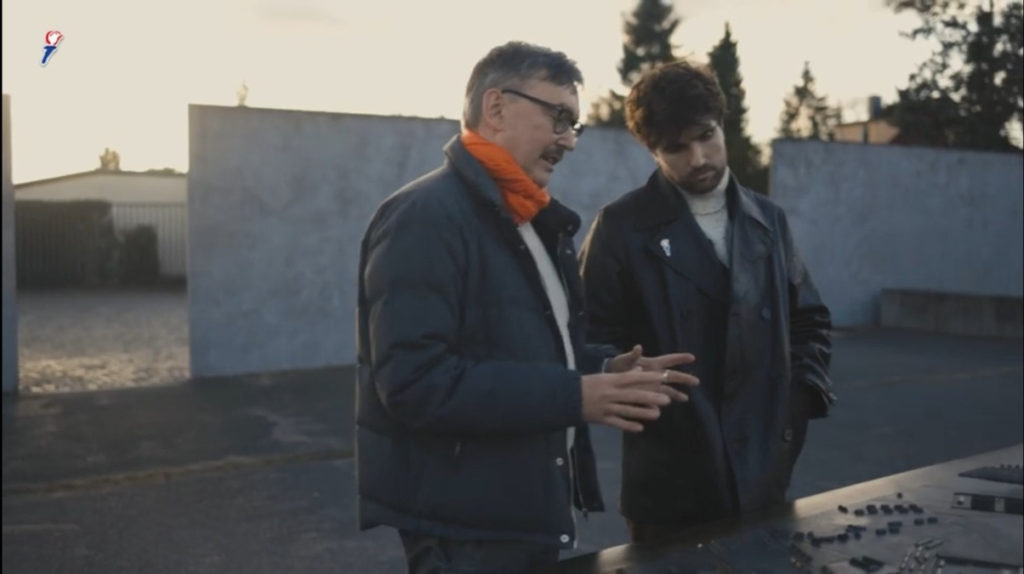Eurovision Song Contest winner Duncan Laurence works with Salzburg Global LGBT* Forum Founder and Chair Klaus Mueller to mark the Netherlands’ National Days of Remembrance and Liberation.
A Story Seldom Told: The Long Journey to Freedom for LGBT People
Each year on May 4, the Netherlands commemorates the victims of World War II on National Remembrance Day, and on May 5, celebrate their liberation, reflecting on the value of freedom, democracy, and human rights.
This year, singer-songwriter Duncan Laurence was appointed as the Netherlands’ national “Ambassador of Freedom.” Duncan won the 2019 Eurovision Song Contest for the Netherlands with his ballad “Arcade”, which grew into a worldwide hit with over 4 billion streams.
For Duncan, it was immediately clear that for this year’s National Remembrance and Liberation Days he wanted to highlight the LGBT* community. “I want attention to be paid to how these people fared in World War II. Unfortunately, it’s still more topical than ever.”
For the short documentary he was invited to make as part of the Ambassadorship, he turned to Founder and Chair of the Salzburg Global LGBT* Forum Klaus Mueller. Previously a film history lecturer at the University of Amsterdam, Klaus is a historian and filmmaker who portrayed Dutch and German gay and lesbian survivors in his films Paragraph 175 and But I was a girl.
Klaus invited Duncan to come to his native home and together they undertook an emotional journey from the hopeful beginnings of Berlin’s LGBT community—the first of its kind worldwide—to its destruction by Nazi Germany in concentration camps like Sachsenhausen on the city’s outskirts. Freedom and equality for LGBT people again remained out of reach for decades.
On their journey, Duncan learned from Klaus, who had interviewed survivors from Sachsenhausen, that it was all not as long ago as many like to think: Gay men—survivors of the Nazi camps—were still seen, and treated, as criminals and perverts by postwar German governments. The 1935 Nazi law that criminalized homosexuality was only revised in 1969 and was not finally repealed until 1994.
Klaus admires Duncan’s dedication: “Together, we remember and honor our forgotten LGBT ancestors who started the long journey to freedom. I am very moved by Duncan, both by his courage to undertake this difficult journey and his determination to use his enormous network to connect a young generation to a story seldom told.”
For Duncan, confronting the past indeed connects to messages from some of his queer followers about the dire situation they struggle with. “Sure, you know what happened, but it is really hitting home for me because it still happens. The fact that there are people who still are, even now, not accepted for who they are.”
* LGBT: Lesbian, Gay, Bisexual and Transgender. We are using this term as it is currently widely used in human rights conversations on sexual orientation and gender identity in many parts of the world, and we would wish it to be read as inclusive of other cultural concepts, contemporary or historical, to express sexuality and gender, intersex and gender non-conforming identities.
